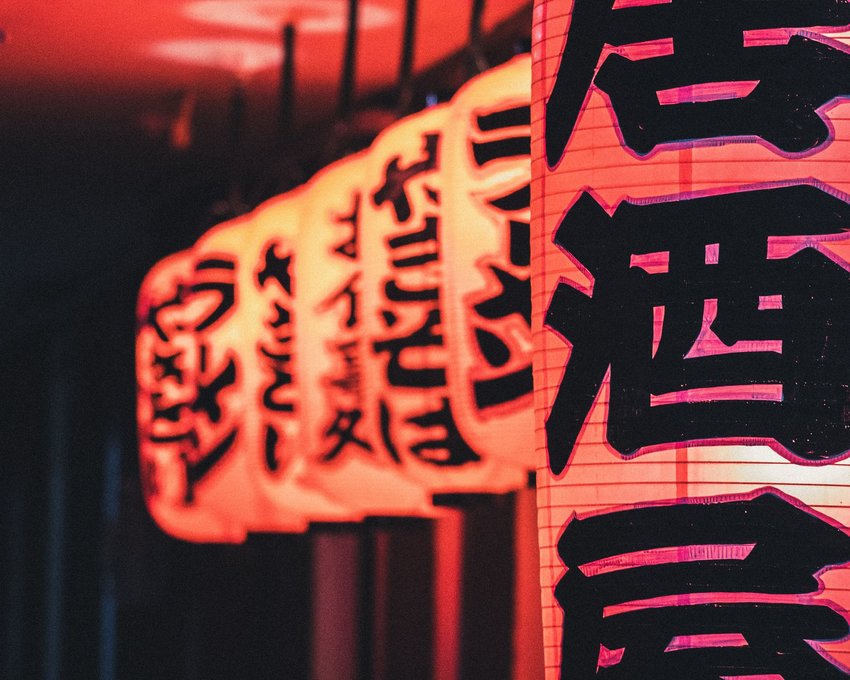Japan is known as a globally progressive cultural leader. From cutting-edge fashion trends to an elaborate array of vending machines, it’s no wonder that the Japanese language itself also contains some truly one-of-a-kind words that can’t exactly be translated into English. Brush up on your Japanese and try adopting one of these sonorous expressions into your everyday lexicon.
Wabi-sabi
Think of this fun rhyming expression as the Japanese equivalent to Robert Frost's poem "Nothing Gold Can Stay." It means accepting imperfection as a natural part of life — including the eventual decay and end of everything. It’s also considered an aesthetic point of view — like admiring a raw wood table for its giant knot in the center instead of eschewing it.
Koi No Yokan
If you’ve ever met a stranger who took your breath away, this phrase is for you. It refers to the feeling that you’ll inevitably fall in love with someone upon meeting him or her.
Tsundoku
Marie Kondo may preach the art of minimalism, but on the opposite end of the spectrum there's tsundoku, which refers to the bad habit of buying books, never reading them, and then letting your unread pile continually grow. But hey, if it “sparks joy,” it can’t be totally bad, right?
Boketto
In English, we refer to someone as having a far-eyed or glassy-eyed look while gazing vacantly into the distance — almost daydreaming. The Japanese have a succinct word for that — boketto.
Ozappa
Ozappa is a fun word to say and its definition is also fun. It refers to a personality type you'd attribute to Matthew McConaughey. If you don’t sweat the small stuff and tend to be chill no matter what life throws at you, a Japanese speaker might say you're ozappa.
Ikigai
Has anyone ever asked you, “What gets you out of bed in the morning?” The Japanese would call your life’s (or day’s) purpose this rhythmic word.
Kuidaore
Love splurging on a fancy meal? Hate seeing the impact it has on your finances? There’s a Japanese word for that. Kuidaore means eating yourself into bankruptcy and is linked to the Japanese proverb, “Dress into ruin in Kyoto, eat into ruin in Osaka.”
Kogarashi
The English language has all kinds of nuances for weather words. A breeze is quite different from a gust, for example. On the other hand, the Japanese coined the word kogarashi to describe the first cold winds of the season that signal winter is on the way.
Otuskare-sama
To a non-Japanese speaker, the word otuskare-sama isn’t exactly polite. It means you’re tired, but it refers to a very specific type of tired. The mention of it acknowledges the hard work someone has put in and shows gratitude at the same time. If someone says this to you, consider it an invitation to kick back and take a break.
Majime
Want to pay someone a compliment? Call them majime, which suggests that they're hardworking, drama-free, earnest, and reliable.
Takane no hana
There are some less flattering close translations to this word — ice queen, unattainable — but the Japanese version is much more heartfelt. It refers to a woman who seems distant or challenging to become close to due to intimidation. Much like mountain flowers, "takane no hana" women are tough to befriend, but certainly worth admiring.
Shibui
If something’s cool in an old-school kind of way — think ’90's fashion or a retro cocktail lounge — you’d describe it as shibui. What’s unique about the word shibui is that it's primarily used by an older generation whose memories of these classically cool things are still intact.
Credit: officialmapps/ Unsplash

